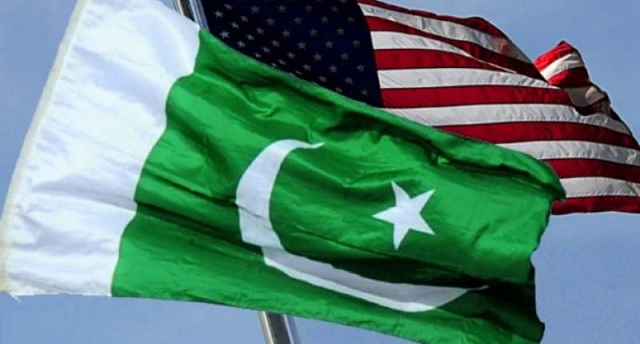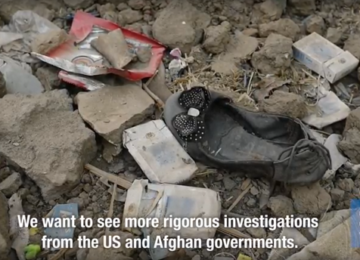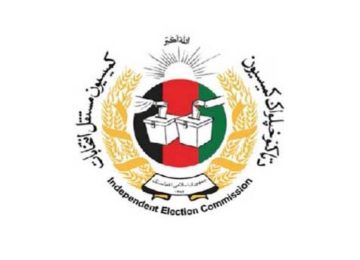In an anticipated move, The US House of Representatives (HoRs) joined the Senate on Tuesday by proposing to cease any financial assistance for Pakistan. A bill presented in the HoRs seeks to withhold any outstanding money for Pakistan and suggests that any money set aside should be spent domestically on infrastructure projects.
The move follows a bill previously presented in the US Senate on back of US President Trump announcing in January that his administration was seeking to end any financial support to Pakistan. The bill alleges Islamabad of providing intelligence and financial support to terrorist groups; a charge Pakistan has constantly and strongly denied.
This legislation, introduced by Congressmen Mark Sanford from South Carolina and Thomas Massie from Kentucky, also seeks to ask USAID to stop sending any money to Pakistan. It was four days after President Trump’s tweet early this year that his administration suspended financial assistance to Pakistan.
The United States has foolishly given Pakistan more than 33 billion dollars in aid over the last 15 years, and they have given us nothing but lies & deceit, thinking of our leaders as fools. They give safe haven to the terrorists we hunt in Afghanistan, with little help. No more!
— Donald J. Trump (@realDonaldTrump) January 1, 2018
What makes the current aid cut different from previous US actions is Pakistan’s tougher stance against Washington’s allegations. Moreover, with an ever growing relationship with China, Pakistan has more regional openings and options than it ever had in the past. For China, Pakistan also serves as an ideal anchor against India with whom Beijing has recently engaged in minor skirmishes on the border. Additionally, Pakistan is pivotal to China’s One Belt One Road initiative, further consolidating the former’s ties with the latter.
In addition to that, Islamabad and Moscow are also warming up to each other. Both the countries have not only now enhanced their military and energy cooperation, but commercial ties are also starting to gain pace. In Moscow, Pakistan has found another regional partner that can help reduce Islamabad’s dependence on Washington.
Pakistan’s growing ties with China and especially Russia can be seen as a major paradigm shift in regional and global politics. However, both the US and Pakistan need to realise that they might need each at some point in the future, especially in context of regional terrorism and Afghanistan. Washington cannot get India to help it defeat the Taliban and ISIS in Afghanistan, whereas Pakistan cannot get everything it needs – both in terms of finances and defence requirements – from China. Political pragmatism, therefore, is the need of the hour.
Originally published on CRSS Blog.
© Center for Research and Security Studies (CRSS) and Afghan Studies Center (ASC), Islamabad.








